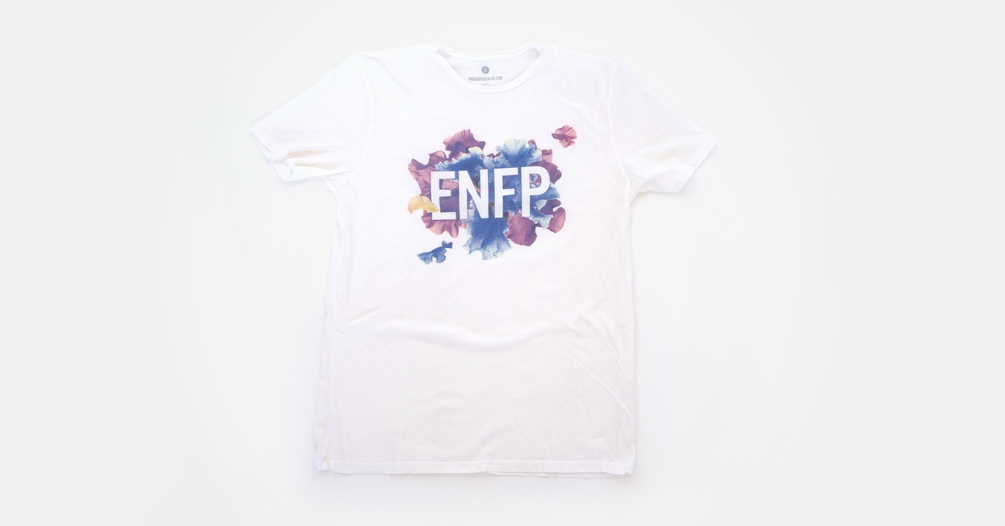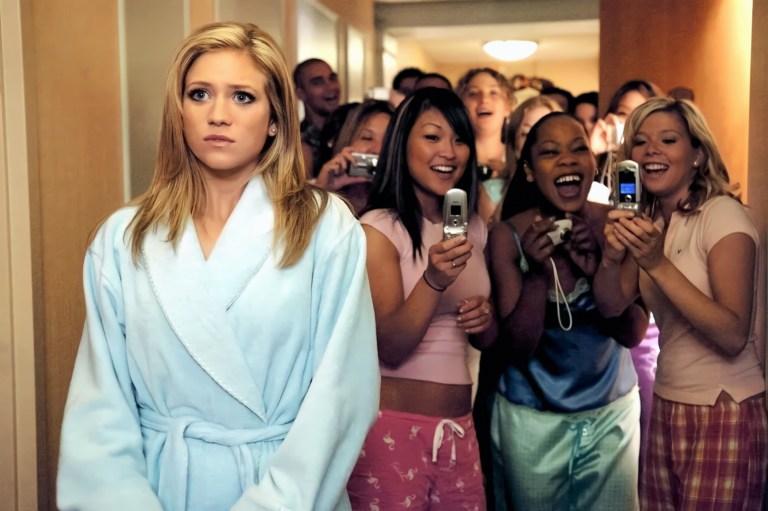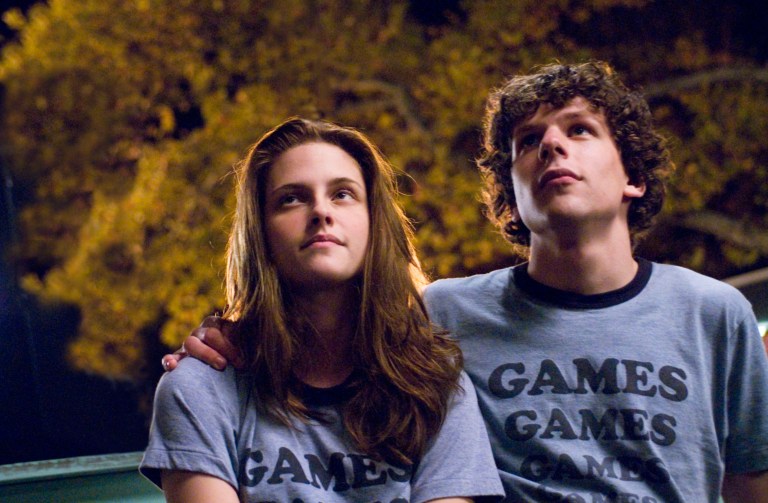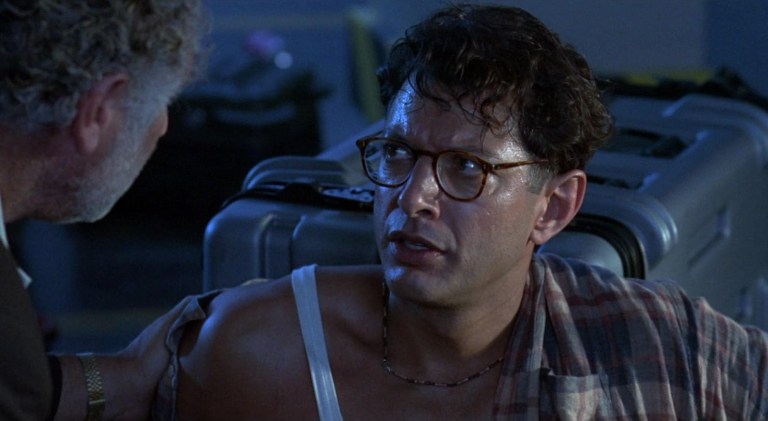
You Cannot Will Your Way To Happiness – You Have To Actually Put In The Work
The truth about finding happiness is that it’s about lifestyle and mindset – it will never be one or the other.
By ![]() Heidi Priebe
Heidi Priebe

The latest trend in pop psychology is preaching that happiness is a choice.
It’s about gratitude, many publications suggest.
It’s about accepting yourself as you are, others preach.
And there’s a certain extent of truth to these claims. Most of us are more fortunate than we tend to give ourselves credit for. Many of us are capable of entertaining more pleasure than we regularly choose to.
And yet, I find it difficult to believe that willing one’s way to happiness is truly the path to achieving fulfillment in life. A temporary state of blissful ignorance, maybe. But not actual happiness. Not the kind that it’s possible to sustain long-term.
Let me paint you a couple of pictures.
Scenario 1:
Three years from now, you wake up early in your shoebox of an apartment to get ready for the dead-end job that you hate. You’re still tired from the night before, because you stayed up until 3am fiending Netflix and Doritos to forget about the stressful day you’d had at work.
Stepping in front of your mirror, you go through your daily affirmations – reminding yourself that you’re beautiful, strong and worthwhile. You conveniently ignore the fact that your body feels sluggish and slow as a result of the crap diet and sedentary lifestyle you’ve been maintaining. You overlook the permanent bags that have formed under your eyes as a result of your inconsistent sleep schedule.
As you brew the first of many coffees for the day, you reflect on how long it’s been since you’ve spent time with your friends or gone on a date with someone you really like. You affirm to yourself that you don’t need to worry about the lack of meaningful relationships in your life, because you’re strong, independent and self-sufficient. You don’t need anyone to complete you, so socialization doesn’t need to be a priority.
Before heading to work, you take a moment to jot down a list of things you’re grateful for in your journal, such as:
–Roof over my head
–Food in the cupboard
–New episode of ‘Suits’ to watch tonight
You crank the radio up high on your way to work, trying to pump yourself up for another day at your dead-end job. Part of you knows that your work isn’t fulfilling in the slightest, but another part of you knows that happiness is a choice and if you can only get yourself in the right mindset, you can find fulfillment in the daily grind. After all, your work provides you with a roof over your head, food in the cupboard and enough money to maintain your Netflix membership. You ought to be grateful for those things.
Right?
At the end of your eight – ten hour workday, you head out to the bar with some friends. You have been meaning to cut back on going out, but you have to seize the day, right? After all, happiness only exists in the present moment.
You return home several hours later, feeling vaguely disappointed with your night. You’d been hoping something life-changing would happen – a wild unexpected adventure, or an encounter with your future soul mate. But instead you return after midnight feeling worn out, slightly tipsy and broke. It’s a carbon copy of so many other nights of your life – and yet you keep repeating the cycle relentlessly, telling yourself at the beginning of each night that THIS one is going to be extraordinary.
THIS day is going to be different.
THIS year will be the year that works out for you.
After all, happiness is all in your mindset, right?
You set your alarm for 6am and prepare to begin the cycle all over again.
Scenario 2:
Three years from now, you wake up in your midtown apartment feeling rested and rejuvenated from a solid eight hours of sleep. You pick up your laptop on the way out the door, heading to a local coffee shop to get some work done.
It’s been a long year and a half of scrambling to get your business up and off the ground. You’ve endured financial mishaps, creative roadblocks, judgments from your peer group and more than a few sleepless nights. You’ve sacrificed a great deal for the career that you are passionate about, and you’re sure that more sacrifices lie ahead.
But there’s a sense of quiet, steady satisfaction that accompanies you through the ups and downs of every day you spend on your work. You know that you’ve chosen your career, rather than settled for it, and that is enough to get you through even the worst of times. It is the nudge that keeps pushing you forward.
When you finally pack up your bags for the day, you know that there are more errands to run. You hit up your local gym first for a workout, grunting and sweating your way through your regular routine. Your entire body burns by the time you head out, but you feel comfortable inside of the strain. The energy and confidence you gain from maintaining an active lifestyle far outweighs the day-to-day struggle of maintaining it.
Finally heading home for the night, you swing by the grocery store and pick up some fresh ingredients for dinner. You don’t inherently enjoy cooking, but once the veggies are chopped, the meat is grilled and a fresh plate of food is sitting in front of you, you’re happy with your choice to have cooked for yourself.
You check your bank balance after dinner and confirm that you can afford to splurge on a night out with friends this weekend. You message several of your loved ones to set up plans, and head to bed early – looking forward to the week ahead of you and knowing that you’ll wake up rested and rejuvenated again tomorrow morning.
Let’s Talk About The Differences Between These Two Scenarios
Both of these scenarios are quite obviously exaggerated.
Both are contrived to prove a point.
But both raise the question: what does the scenario leave you wanting for?
The problem with scenario #1 is that it outlines a life that lacks meaning. It lacks depth. It portrays a form of happiness that centers around instant gratification and a contrived sense of purpose.
Daily affirmations are not the problem with scenario #1. Keeping a gratitude journal is also not the problem. The problem is that in scenario #1, the affirmations and gratitude journal are being used as an excuse – an excuse to not pursue what you want out of life, because it’s easier to convince yourself that you can manifest happiness in what you already have – which is a life that you’re inherently unsatisfied with.
Scenario #2 is not perfect either. This scenario is perhaps too risky and idealistic for some people, too structured and repetitive for others. It is asking you to imagine a life in which you postpone most day-to-day pleasures for the purpose of long-term fulfillment.
And yet each situation can teach us something – the first, that we need to count our blessings and keep in mind what we are grateful for on a daily basis. The second, that postponing instant gratification can provide us with a form of satisfaction that is perhaps even greater than happiness itself. Now imagine if we were to combine these two scenarios.
Imagine if you could cultivate a life in which you work hard to appreciate what you have, and have infinitely more to be grateful for as a result. Imagine a life in which you grow more knowledgeable, more accomplished and more proud of yourself with every growing day. Imagine a life in which you invest purposefully into meaningful relationships that flourish and deepen over time. Imagine how much more you’d have to be grateful for and happy about at the end of every day.
You have to take some scary risks to find happiness. You have to invest the necessary time. You have to persevere through the highs and lows of whichever path you choose, because both will inevitably occur.
You can’t just decide that the slumps are a good place to stay because they are easy to get stuck in, and you can positive-think your way out. But you also can’t postpone all of your happiness to an inevitable point in the future that may never arrive.
The truth about finding happiness is that it’s about lifestyle and mindset – it will never be one or the other.
You have to put work in to cultivate happiness. You have to occasionally delay gratification.
But you also have to know when to stop, look around you, recognize that you’ve got a good thing going, and then reap the rewards of what you’ve built. ![]()












